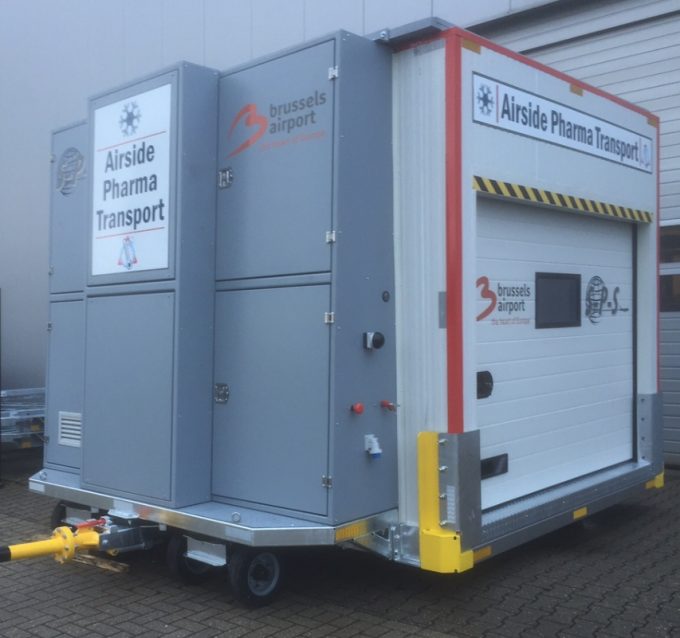Limp UK truck electrification rates hold back decarbonisation
Logistics chains are proving a liability for UK organisations trying to meet their 2030 climate ...

The International Air Transport Association (IATA) must define a “pharma service” standard for its member carriers to meet, according to Mark Edwards, MD of supply chain consultancy Modalis.
Speaking yesterday at the SMi Cold Chain Distribution Conference, Mr Edwards said current air freight “pharma services” were often little more than expedited general cargo services.
“By defining a standard, IATA would boost shipper confidence in the safe transport of its products,” he said.
“Existing services often lack specific pharmaceutical requirements and staff and crew frequently make ...
Maersk u-turn as port congestion increases across Northern Europe
Apple logistics chief Gal Dayan quits to join forwarding group
Maersk Air Cargo sees volumes fall as it aims for 'margin in favour of revenue'
Houthis tell Trump they will end attacks on Red Sea shipping
Transpac rates hold firm as capacity is diverted to Asia-Europe lanes
Airlines slash freighter capacity post-de minimis, but 'the worst is yet to come'
MSC revamps east-west network as alliance strategies on blanking vary
India-Pakistan 'tit-for-tat' cargo ban sparks sudden supply chain shocks

Comment on this article